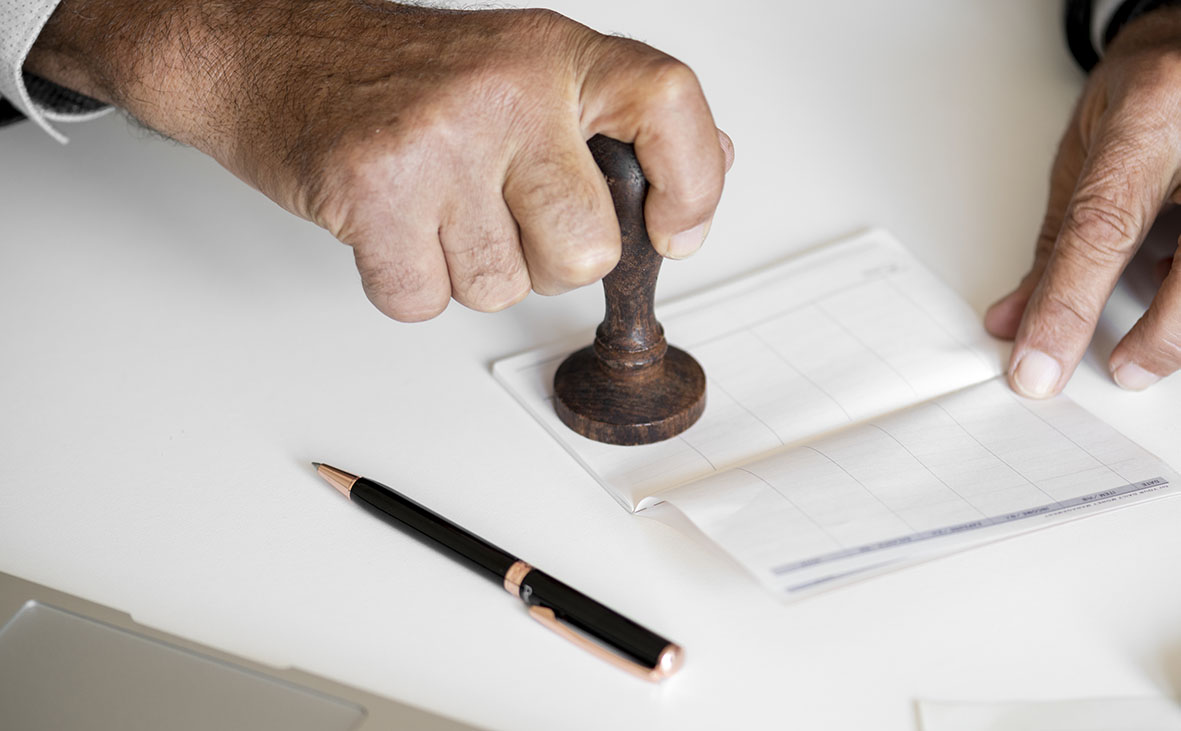The purpose of the Apostille is to validate the authenticity of a document. This is an important legal document that is a must for some international transactions. When a document is created in a foreign country, it requires a document authentication certificate, and apostille in order to be accepted as evidence in another country.
Documents that require an apostille
An apostille is a legal certificate that is affixed to a notarized document. It is an internationally recognized form of authentication for a public document.
Apostilles are provided by the Office of Authentications of the U.S. Department of State. They are not valid for use in countries that do not sign the Hague Convention. However, they are accepted in all countries that are members of the Hague Legalization Convention.
Documents that require an apostille include diplomas, certificates, transcripts, corporate documents, and power of attorney. If you are unsure which documents require an apostille, you can check the requirements of the country where the document will be used. You can also seek advice from a professional Apostille services company. These companies understand how to apostille your documents quickly and efficiently.
For a document to be valid in a foreign jurisdiction, it must be certified by the foreign ministry of the country in which it will be used. The procedure of authentication and certification involves several authorities, including the secretary of state in the issuing country and the consular mission of the destination country.
Apostille procedures are often confusing for those who are not familiar with them. This is why it’s important to know what the requirements are before you begin the process.
Documents that require an authentication certificate
The Certificate of Authentication is a legal document that proves the validity of a public or private document for use in a foreign country. There are several options for obtaining this certificate. If you are looking to obtain this certification, you must first determine whether it is necessary. You will also want to know the country you intend to use the document in.
The United States Department of State provides authentication services for documents. If you are requesting this service, you should fill out a Request for Authentication Form. This form can be found on the Department of State’s website.
Another way to get an authenticated document is to obtain an Apostille. An Apostille is a certificate that confirms the signature of an official.
Several countries have signed an international treaty known as the Hague Convention. If you are using a document that is not issued by a country that is a signatory to this convention, you will need to follow a different authentication process.
To request an apostille, you will need to complete the proper form, have your signature notarized, and provide information about the country where the document is being used. Afterwards, you will need to mail your documents to the U.S. Department of State’s Authentications Office in Washington, D.C. Alternatively, you can visit the office in person.
Documents that require further legalization
An Apostille is a certificate that confirms the authenticity of a signature. It certifies that the signer is a legal person and is entitled to sign the document. It also ensures that the document is genuine and is not fraudulent.
This is necessary when you are transferring your citizenship, obtaining a passport or going to court. If you are doing business with a foreign country, you may need an apostille. For example, if you are living in the United Arab Emirates, you will need an apostille to legally use your UK birth certificate.
To obtain an Apostille, you will need to submit a request to the Secretary of State’s office. The office will then determine what authentication certificate is required for your document. You will need to provide information about the intended use of the document.
If the document you are requesting an apostille for is a federally-issued one, you will need to complete the authentication process through the U.S. Department of State Authentication Office.
In addition, if the document you are requesting is to be used in a foreign country, you will need to undergo a legalization process. Legalization requires that your document be authenticated at an embassy or consulate. These steps will vary by state.

